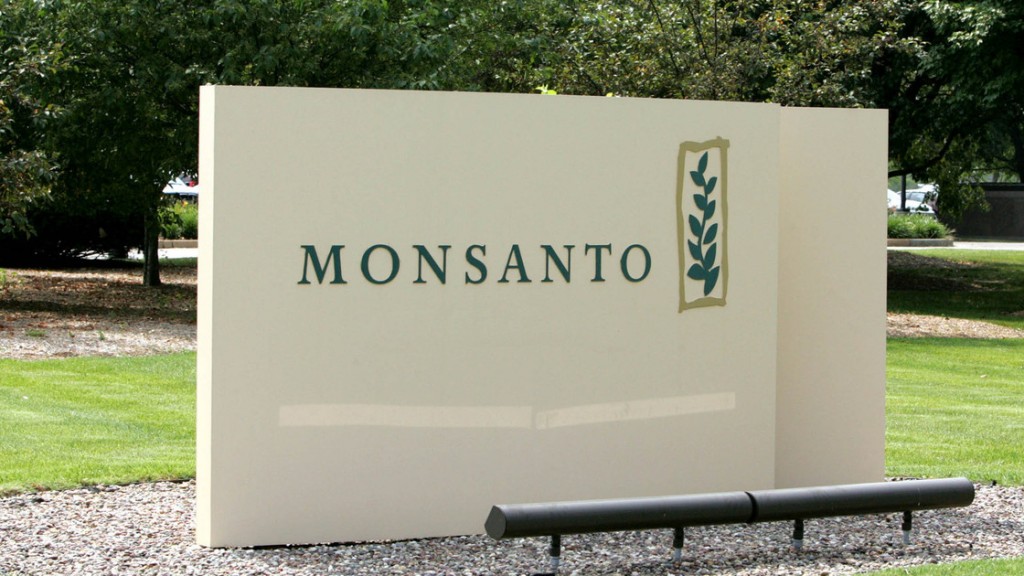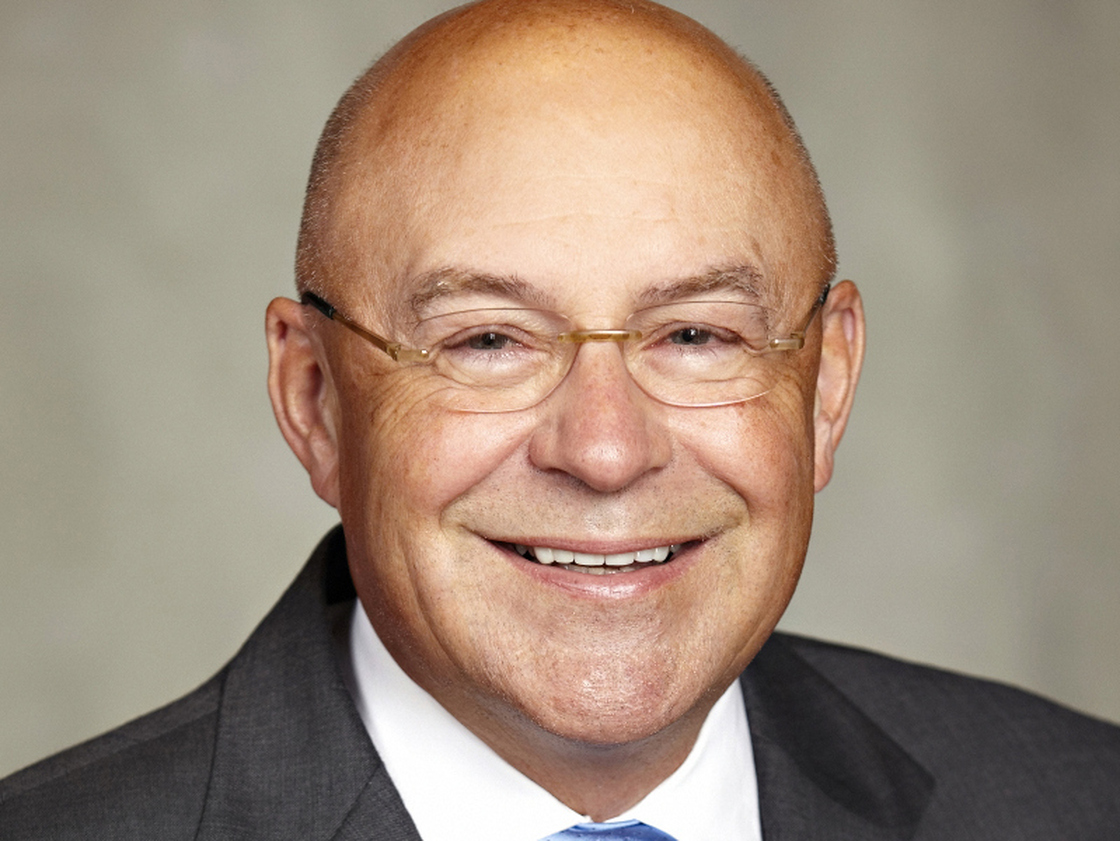
Post by Dan Charles, The Salt at NPR Food (6/19/13)
Ever heard of the World Food Prize? It's sometimes called the "Nobel Prize for food and agriculture," but it has struggled to get people's attention. Prize winners tend to be agricultural insiders, and many are scientists. Last year's laureate, for instance, was Daniel Hillel, a pioneer of water-saving "micro-irrigation."

This year, though, the World Food Prize is likely to get some publicity, some of it in the form of anger and protests. The prize will go to three scientists who played prominent roles in creating genetically engineered crops: Marc Van Montagu, Mary-Dell Chilton and Robert Fraley.
Of the three, Fraley is by far the youngest, but also the most pivotal and divisive. He's spent his entire career at Monsanto. He was hired in 1981 as one of the company's very first molecular biologists, led the company's intense drive to sell genetically engineered crops in the 1990s, and is now the company's chief technology officer. In fact, if there's a single person who most personifies Monsanto's controversial role in American agriculture, it's probably Robb Fraley.
(A bit of self-promotion: I told much of this story in a book about the origins of genetically engineered crops, Lords of the Harvest, published in 2001. During research for the book, I also interviewed Fraley, Van Montagu and Chilton.)

